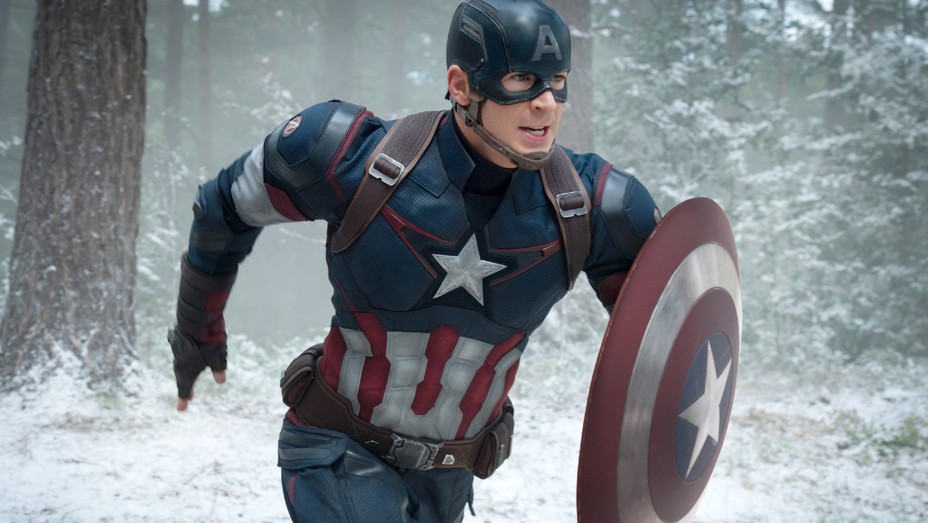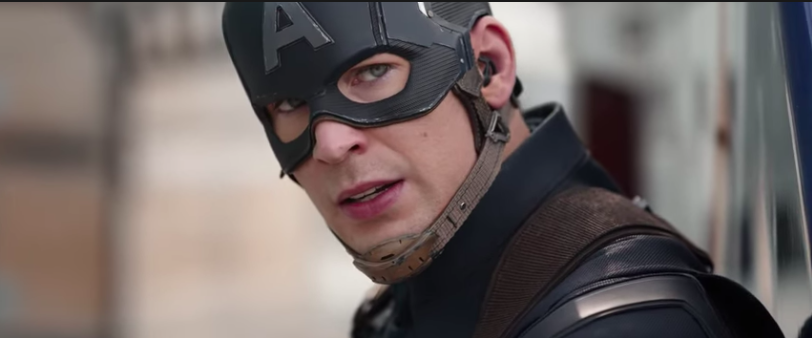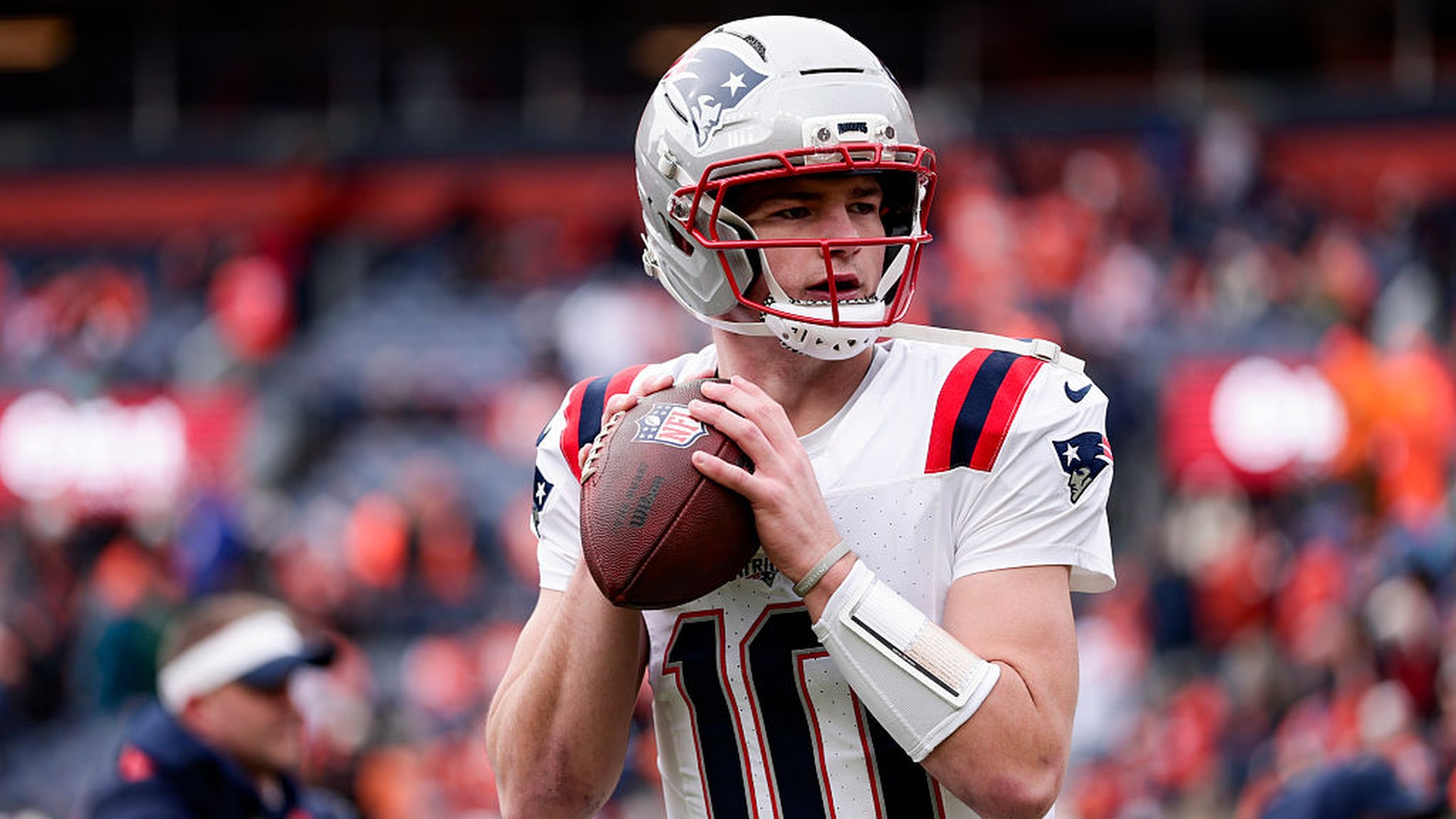Captain America could return to the MCU — but is that a good thing?
With rumors swirling that Chris Evans may return to the MCU for more movies, we ask: is the return of Captain America a good thing for the franchise?

The latest updates, reviews and unmissable series to watch and more!
You are now subscribed
Your newsletter sign-up was successful
Want to add more newsletters?

ONCE A WEEK
What to Watch
Get all the latest TV news and movie reviews, streaming recommendations and exclusive interviews sent directly to your inbox each week in a newsletter put together by our experts just for you.

ONCE A WEEK
What to Watch Soapbox
Sign up to our new soap newsletter to get all the latest news, spoilers and gossip from the biggest US soaps sent straight to your inbox… so you never miss a moment of the drama!
Will Chris Evans' Captain America return to the MCU? Probably not. But let's talk about why it's not the best idea anyway.
2020 was a year without a Marvel film. That wouldn't seem so shocking were we not in the dominant age of the studio, who now release on average three movies a year and utterly overwhelm our worldwide pop culture consciousness. Yet even the might of Kevin Feige and Disney couldn't not overcome a literal pandemic, so 2021 will be a year of catch-up for this already legendary cinematic universe. Following the grandeur of Avengers: Endgame and the official climax of the saga’s third phase, the MCU is set to move into the realms of the cosmic, freely bending space, time, and alternate realities in a way that most superhero adaptations have understandably shied away from for decades.
The cast is expanding, the plotlines becoming evermore labyrinthine, and the heart of this tale moving beyond the core cast of the first tier. Tony Stark has passed, as has Natasha Romanoff (although we still have Black Widow to look forward to), and Steve Rogers went off to live the life he could have had had he not volunteered for the super serum. Well, technically Captain America isn’t dead, and that’s something that Disney may want to take advantage of, if current reports claiming that Evans is in the process of signing onto future movies as Steve are anything to go by.
Evans took to Twitter to deny the claim, although it’s worth remembering that Tatiana Maslany also initially refuted reports that she would be playing She-Hulk before the casting was confirmed by Disney themselves. Whatever may or may not be happening behind the scenes may take a few weeks or even months to hammer out, especially if a bigger payday, Robert Downey Jr. style, is on the table.
There are certainly many options available to Marvel Studios for bringing Steve back to the big and small screen in some form. Good old-fashioned flashbacks are always reliable, or maybe Evans is happy to hang up the workout boots and stick to old-age makeup appearances from now on. Then there are alternate Steves, evil Steves, clone Steves, the myriad Steves that Doctor Strange may bump into as he treads through the multiverse, or just random dudes who look like Steve for no reason beyond sheer coincidence. The great joy of working from superhero comic books is that the possibilities are essentially limitless. If it seems too bonkers or ludicrous, don’t worry because it probably still made an appearance in at least one issue.

That’s a fascinating area of storytelling for a traditional blockbuster franchise to enter into (and yes, for as daring and intricately composed as the MCU is, it still proudly adheres to the most well-worn tropes of the genre.) Hollywood seems hesitant to break out beyond a singular timeline for its work, as evidenced by DC and Warner Bros. initially turning down Todd Phillips’s idea for a solo one-off Joker movie for fear that it would confuse audiences. Viewers are different now, and the MCU is the biggest franchise in history and its looping multistranded narratives are followed with ease by the casual majority. Perhaps they’re ready for a new frontier of what-ifs, mirror universes, and stuff that shouldn’t even be explained beyond ‘just accept it.’
It’s a possible future that certainly opens a lot of doors but what of the ones it closes? The MCU, and indeed the modern blockbuster age, has been heavily criticized for its occasionally thin character work and inauthentic emotional beats. An exception to that rule has been the narrative of Steve Rogers. He evolved from the ultimate kind-hearted underdog to America embodied, then tangled with his legacy in a major way, battling with issues of decency over legality, formed a variety of complex relationships with those around him, then helped to save the universe before hanging up immeasurable power in favor of the simplicity of love and peace with Peggy Carter. The last time we see him in Avengers: Endgame, he is the old man he never thought he would become, and he’s never seemed more comfortable with himself. He’s not dead but it’s clear that his story is over, and that his true ending will be a private one for him and his family. It’s a much-earned moment of unabashed poignancy in a franchise that typically favors spectacle and quips over all else.
The latest updates, reviews and unmissable series to watch and more!
What does that ending mean if, all of a sudden, Chris Evans is back and we’re just getting on with things? Sure, comic books do it all the time, but the medium of the comic book movie as defined by Marvel Studios’ own rules is a very different beast. This is clearly something that Feige and company were aware of, as they spent all this time hyping up Steve’s journey as the emotional center of their sprawling story and making audiences aware of the real stakes at play, both with the ultimate finger snap of doom and with the decades’ long conclusion to his narrative. His final scene, a flashback to him quietly dancing with Peggy back in the 1940s, together at last, is supposed to impact you in a specific climactic way. And it does. Can it still maintain that heft if Steve returns in any way, shape, or form?
The Cap question also leads into a wider problem with modern media. We're in a post-cancellation age. Nothing ends anymore because reboots, sequels, prequels, and reinventions are ten-a-penny for any IP of a vaguely memorable nature. Not everything has to have a definitive ending, as comic books and soap operas have proven, but film is a trickier medium and maintaining that emotional core as you stop and start in this manner will prove near impossible. It also weakens the pre-existing stories we cherish, whether it's the ways the terrible Sex and the City movies spoil the show's final episode or Lucasfilm's refusal to leave the Skywalkers behind in Star Wars. Rather than growing beyond the limits of traditional storytelling, this approach ends up making the universe and those who inhabit it seem so very small.
Kayleigh is a pop culture writer and critic based in Dundee, Scotland. Her work can be found on Pajiba, IGN, Uproxx, RogerEbert.com, SlashFilm, and WhatToWatch, among other places. She's also the creator of the newsletter The Gossip Reading Club.


